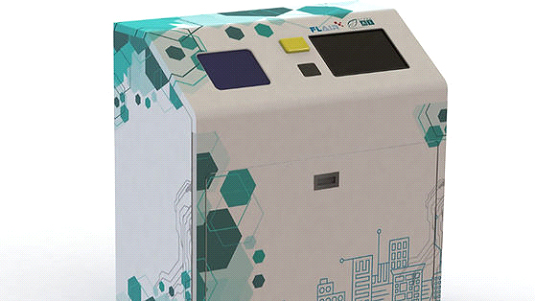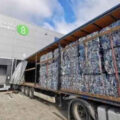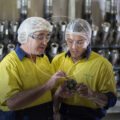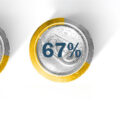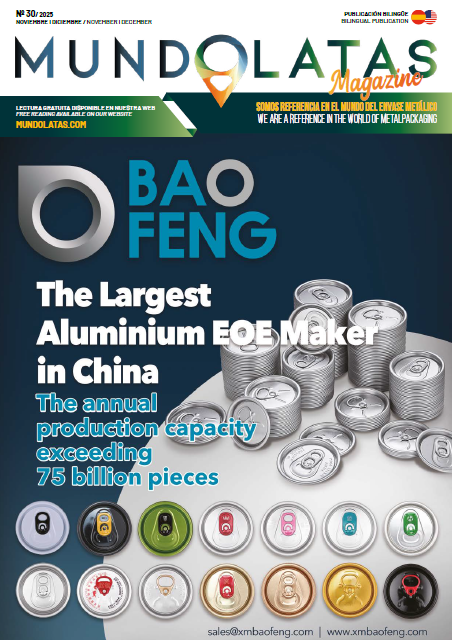Green AI Technology, the first company in Hong Kong to develop an artificial intelligence-powered waste sorting system, will launch a smart garbage can early next year that could boost recycling in the city.
The start-up, backed by the Hong Kong Productivity Council, said the smart containers will initially target owners and tenants of shopping malls, hotels and commercial buildings, many of them owned by publicly traded companies.
Hong Kong stock exchange rules require companies to disclose data on waste generated in their operations and set targets to reduce waste as part of their sustainability reporting.
“These companies need to know the composition of their waste for reporting purposes, something that is not possible with traditional containers,” Cola Lam, co-founder and CEO, commented. “Smart garbage cans enable accurate segregation and increase the value of waste collected for recycling.”
Green AI spun off from the Industrial Artificial Intelligence and Robotics Centre of the Hong Kong Productivity Council in June last year.
Green AI is working with potential customers to test its garbage cans, which feature scanners and conveyor belts, allowing each item to be sorted into four garbage cans: plastic bottles, aluminum cans, beverage containers and general waste.
The containers also include a digital scale for weighing waste and the ability to compress waste to maximize storage space.
According to the latest report from the Environmental Protection Department (EPD), the solid waste recovery rate in Hong Kong was 32% in 2022, up from 31% in 2021.
Approximately 420,000 tons of waste were recovered for recycling, an increase of more than 50% over 2021, reflecting strengthened recovery measures and improved performance of the local recycling industry.
The EPD seeks to increase the recovery rate to 40-45 % by 2035 through the implementation of a waste generation charging scheme and mandatory producer responsibility programs in five waste categories, including plastic beverage containers and beverage cartons.
However, the collection scheme has been delayed several times due to implementation problems. Legislation will be introduced next year to introduce liability schemes that would oblige beverage manufacturers, distributors and consumers to share the costs of collection, recycling and disposal.
Hong Kong lags far behind European countries such as Germany, where 60-70% of waste is recovered, according to Lam.
“We have participated in several exhibitions, and many potential customers have inquired about price, delivery time, the possibility of a trial period and the level of customization to best meet their needs,” Lam noted.
Green AI, majority employee-owned, is headquartered in the Hong Kong Science Park in Pak Shek Kok.

